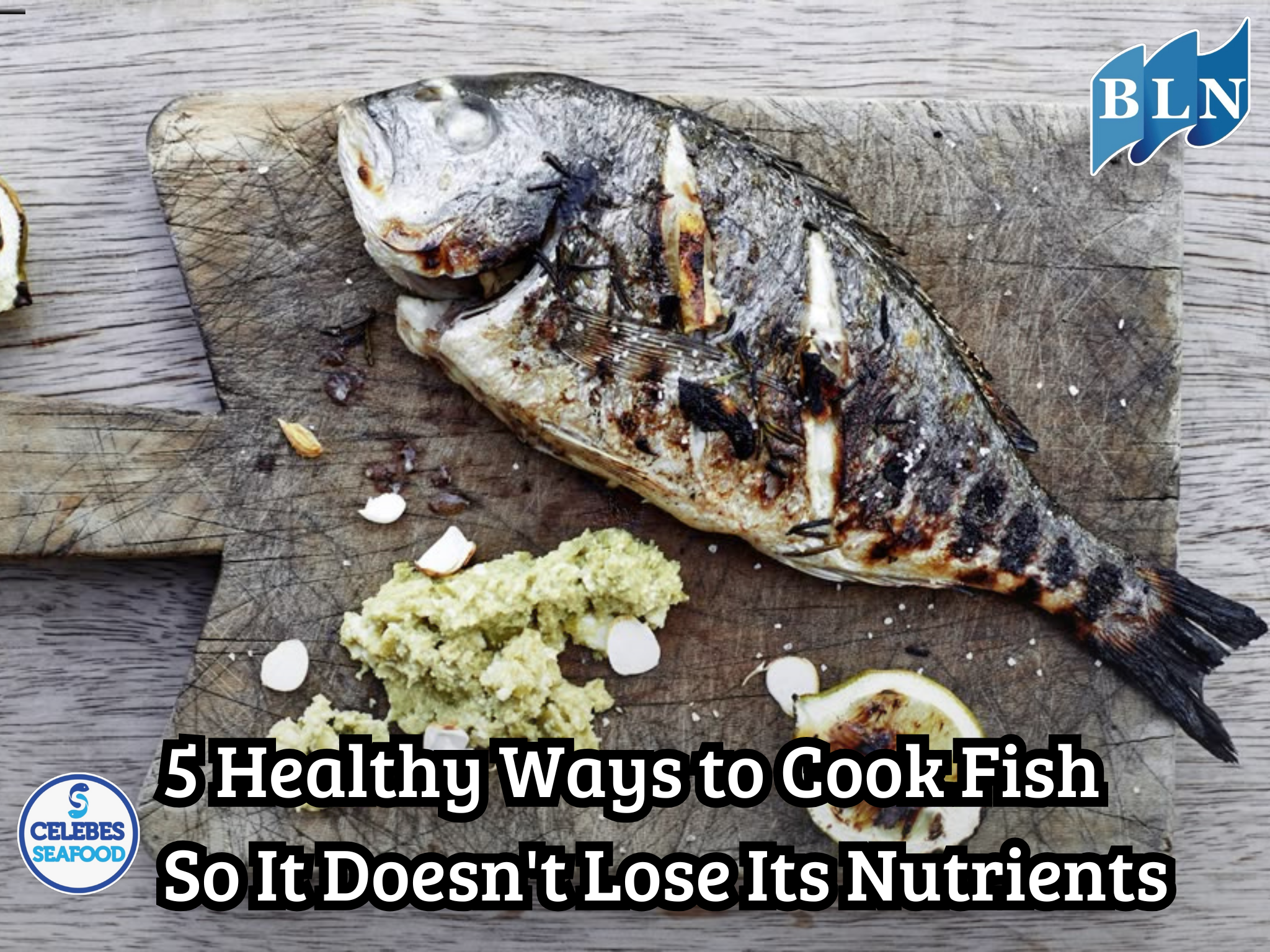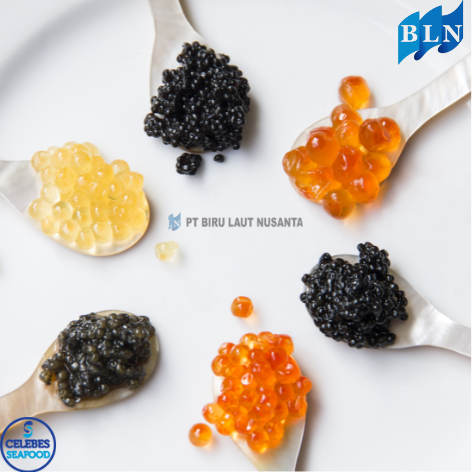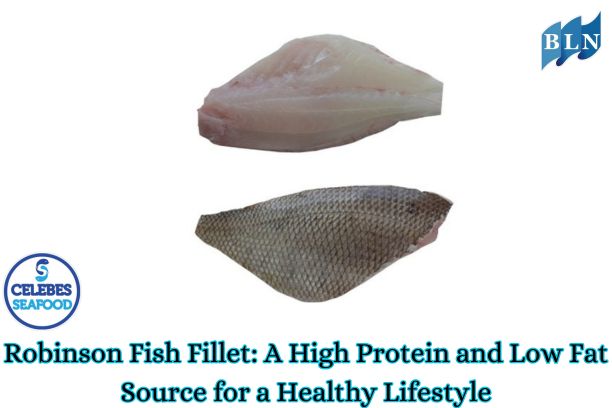Here Are Some Essential Nutrition From Tuna
By. Nevanda - 24 Jul 2023
lautnusantara.com - Tuna, as one of the most popular marine fishes in the culinary world, is not only known for its delicious flavor but also for its rich nutrients that are beneficial to the body's health. In every bite, tuna fish serves a million nutritional goodness that can support health and nutritional balance for anyone who loves it. Not only is tuna a source of high-quality protein, it also contains healthy fats, vitamins, minerals, and various other important substances that should not be overlooked.
Tuna is a very popular marine fish and a nutrient-rich food source. The nutritional content of tuna may vary depending on the species of tuna and the part of the fish consumed. Generally, tuna contains the following nutrients:
1. Protein
Tuna is an excellent source of animal protein. Protein is necessary for the formation and maintenance of body tissues, including muscles, skin, and hair.
2. Healthy fats
Tuna contains omega-3 fats, which are known to have many health benefits. Omega-3s help improve brain function, maintain heart health, reduce inflammation, and support the immune system.
3. Vitamins
Tuna contains several important vitamins, including vitamin A, vitamin D, vitamin B6, and vitamin B12. Vitamin A is good for vision and skin, vitamin D is for bone health and the immune system, while vitamin B complex is important for the body's metabolism.
4. Minerals
Tuna contains minerals such as selenium, phosphorus, magnesium, and potassium. Selenium is an antioxidant that helps protect the body's cells from free radical damage.
5. Iron
Tuna is a source of iron, which is important for forming hemoglobin in the blood and supporting oxygen transportation in the body.
6. Calories
Tuna is low in calories, making it suitable for low-calorie diets or weight loss.
Read also: Try This seafood Pad Thai Recipe to Light Up Your Day
Keep in mind that tuna also contains mercury, especially in larger species. Therefore, it is best to limit tuna consumption for young children and pregnant or lactating women to reduce mercury exposure.
The best way to include tuna in your diet is to prepare it in a healthy way, such as boiling, steaming, or grilling without adding excess fat and salt. Always pay attention to the source and quality of the tuna you consume for optimal nutritional benefits.
Read also: Simple Recipe to Make Grilled Oyster at Home








